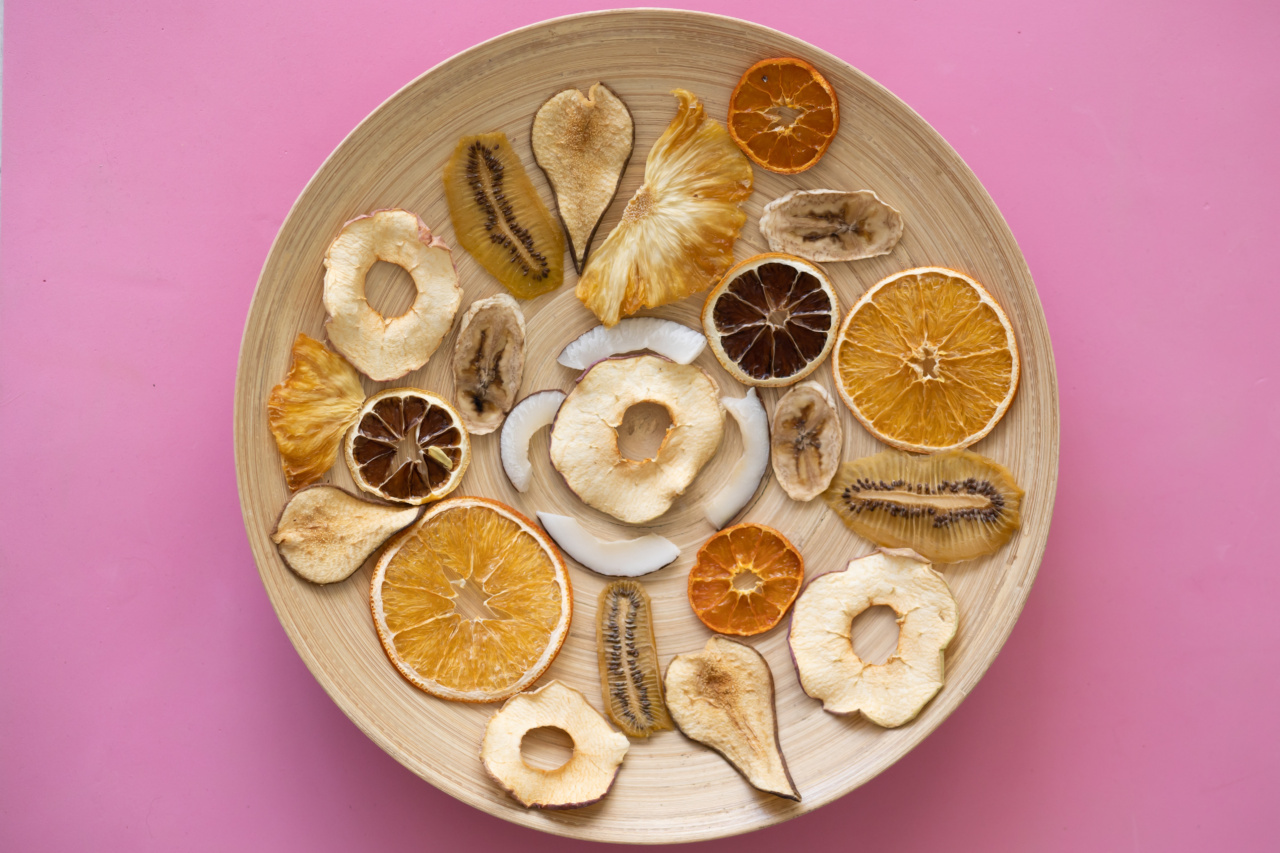Snacking has become a fundamental part of our daily lives. Whether we are at work, on the go, or simply sitting at home watching television, snacking is a convenient way to satisfy our hunger between meals.
Among the vast array of snack options available in the market today, dried snacks have gained significant popularity. However, while dried snacks may seem like a healthy choice, there are several risks associated with their consumption that are often overlooked.
1. High Sodium Content
Dried snacks, such as pretzels, chips, and crackers, are typically high in sodium. Excessive sodium intake can lead to several health problems, including high blood pressure, heart disease, and kidney issues.
Moreover, high sodium levels in snacks can further exacerbate issues for individuals already dealing with these conditions.
2. Added Sugars
Many dried snacks are flavored with added sugars to enhance their taste.
While consuming sugar in moderation is acceptable, excessive sugar consumption can lead to weight gain, dental problems, and an increased risk of developing chronic conditions like type 2 diabetes. It is important to read the nutrition labels carefully to identify the sugar content in dried snacks before consuming them.
3. Lack of Nutritional Value
One of the main concerns with dried snacks is the lack of nutritional value they offer. Most dried snacks are processed and stripped of their natural nutrients during the dehydration process.
As a result, these snacks provide little to no vitamins, minerals, or fiber. Consistently relying on dried snacks for sustenance can lead to a deficiency in essential nutrients, which can affect overall health and wellbeing.
4. Artificial Additives
In order to enhance the taste, appearance, and shelf life of dried snacks, many manufacturers add artificial additives, preservatives, and flavorings. These additives can include monosodium glutamate (MSG), artificial colors, and trans fats.
Prolonged consumption of such additives has been linked to various health issues, including allergies, migraines, and even certain types of cancer.
5. Potential for Food Contamination
During the drying process, there is a potential risk of food contamination if the snacks are not handled and processed correctly. Improper handling can lead to the growth of bacteria, mold, and other harmful pathogens.
Ingesting contaminated snacks can result in food poisoning, digestive issues, and other health complications.
6. High Calorie Density
Dried snacks are often calorie-dense, meaning they pack a significant number of calories into a small serving size.
This high calorie density can make it easy to consume excess calories without realizing it, which can contribute to weight gain and obesity when consumed regularly and in large quantities.
7. Impact on Blood Sugar Levels
Dried snacks, particularly those made from refined grains, have a high glycemic index. This means that they cause a rapid increase in blood sugar levels shortly after consumption.
This sudden spike in blood sugar is followed by a sharp drop, leaving one feeling tired and hungry again, thus leading to cravings and overeating.
8. Potential for Overconsumption
Dried snacks are often marketed as “healthy” or “low-fat” alternatives, leading consumers to believe they can indulge without consequence.
However, due to their enticing flavors and convenient packaging, it is easy to overconsume dried snacks. This can result in unnecessary weight gain and undermine one’s efforts to maintain a balanced diet.
9. Negative Impact on Dental Health
The high sugar content in many dried snacks, along with their sticky textures, can have a detrimental effect on dental health.
When consumed, the sugars and starches in these snacks can feed oral bacteria, leading to tooth decay, cavities, and gum disease. Regular consumption of dried snacks without proper oral hygiene can significantly impact dental health over time.
10. Psychological Effects
Consistently relying on processed dried snacks for snacking can have psychological effects as well. These snacks often lack essential nutrients that provide satiety and promote feelings of fullness.
Consequently, individuals consuming dried snacks may feel unsatisfied and continue to crave more food, leading to overeating and feelings of guilt or dissatisfaction.






























